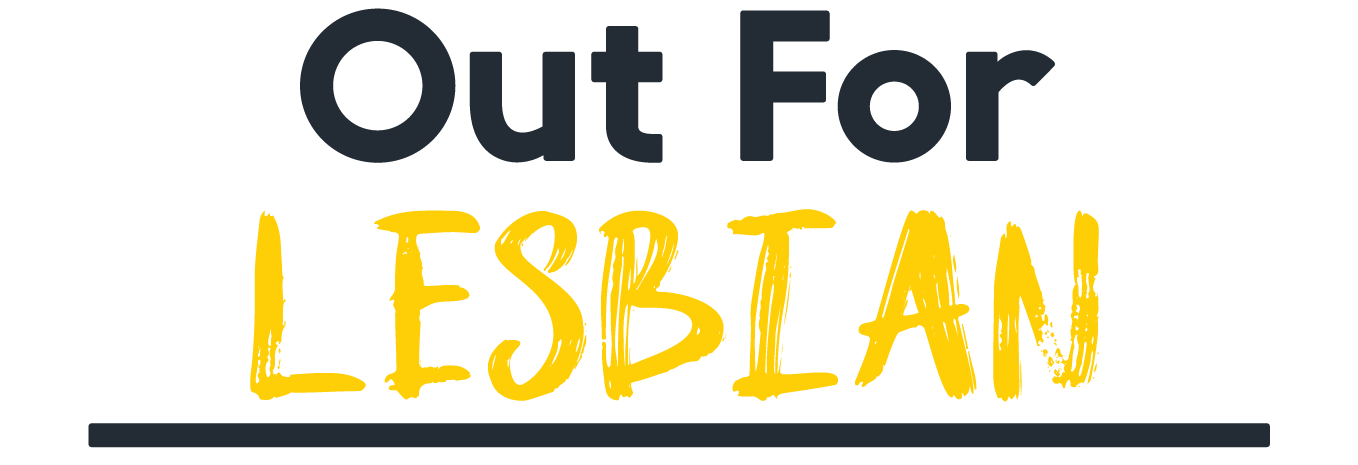Reflecting on National Coming Out Day
Coming out for the first time can be a momentous step for many of us, and it can be a never-ending process as we navigate through life. Today, on 11 October, we celebrate National Coming Out Day. Three of our volunteers shared their experiences on what this important day means to them.
From a political lens
National Coming Out Day marks the anniversary of the 1987 Second National March on Washington for Lesbian and Gay Rights, where over 750,000 Americans came together to advocate for the rights of LGBTQIA+ individuals during the AIDS crisis. Even though the laws in Australia were starting to change, homosexuality was only formally decriminalised with the Human Rights (Sexual Conduct) Act 1994. When the simple act of existing can be seen as a political statement, it is no surprise that many people see the importance of this day.
‘Being queer is more than just loving another human, it’s an existential political statement – I wear it with as a badge of honour. I have a responsibility to use each day I have to make sure the next generation doesn’t have it the way I did,’ says volunteer Gabriel Filer, our Grants Coordinator for Out For Australia. He has been inspired by the countless people before him who have championed the rights of others.
‘My coming out experience was all about empowerment! Growing up, I was bullied and had very few friends. However, my life changed once the Connecticut Supreme Court legalised same-sex marriage. Inspired by state court victories, I became a young activist. In less than a month, I contacted over 60 lawmakers and organisations and began fighting for LGBTQIA+ rights nationwide. During this period, I helped pass anti-bullying legislation in North Carolina and broke a 40-year impasse,’ he explains.
Today is a day to reflect on those who have shaped the world for the better and take pride in each role we play in making history.
From a personal view
While the act of coming out can be a grand political statement, the impact it has on our sense of wellbeing is just as important. Another of our volunteers shared their background on coming out:
‘I actually didn’t really come out to my friends, instead, I was just more open about my sexuality and they accepted who I was immediately. I came out to my sisters and they both sort of knew anyway, haha, but it was nice to know that I was accepted for who I am. It was also pretty easy for me since my older sister already came out so I knew how family would react to it based on her experience.’
One volunteer, Tory, has a different experience:
‘I’m in a funky space where I’m out to certain friends and even coworkers, but not to my family, which is a delicate tightrope that I’ve gotten used to. It can be hard, and sometimes it feels like I’m the biggest obstacle to me being ‘out and proud’. But I have ways of expressing my pride that feel safe and comfortable for me, and for anyone in the same situation, don’t ever feel bad about that!’
Do what feels right for you
It can be daunting coming out to those you love. While there is no right or wrong way for people to express who they are to friends, family, and the people in their lives, our anonymous volunteer offers some advice for those hesitant to share this intimate part of themselves.
‘Come out to people you trust the most first. Think about what you want to say and, honestly, it doesn’t have to be a big deal if you don’t want it to be. I told both my sisters in a group chat because I was too anxious to do it face to face.’
Whether you choose to come out today, are still waiting for a better time, or don’t feel the need to, we encourage you to reflect on your journey and take the time to appreciate who you are.

